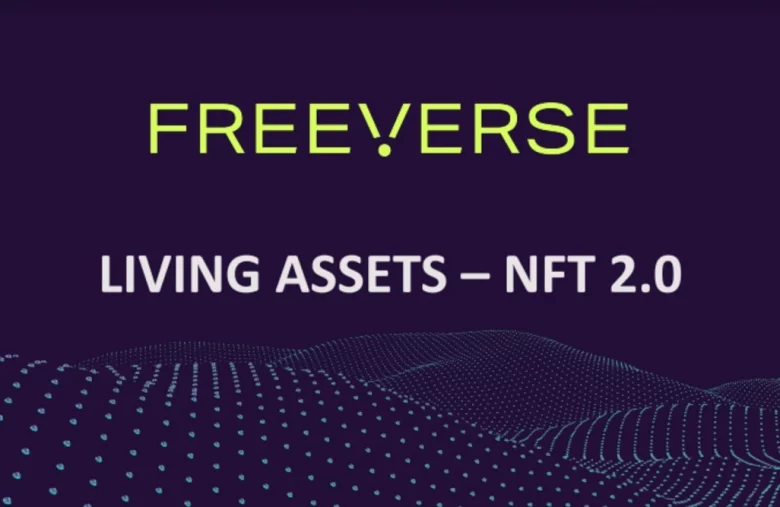Web3 gaming needs tccxo get away from speculation

The GamesBeat Summit Next 2022’s ‘How a Punk Bassist’s Legacy Moves the NFT Conversation to one of Earned Value’ panel is worth a watch. Freeverse’s Alun Evans certainly makes it sound like former bassist and tech writer Chris Anderson foresaw Web3’s issues, issues like speculation, very early on.
Now the developers working in Web3 gaming need to make a decision about the future, and it feels like they need to make it quick. Currently the majority of Web3 content is at least perceived to be built around speculation. That is to say, that value is perceived and generated by the rarity of a thing.
“The Web3 problem is that games based purely on speculation tend towards boom-and-bust,” said Evans, speaking at the GamesBeat Summit Next 2022 event. “We’ve seen the evidence of that, but you don’t even need to see the evidence to think that it makes sense. There is never going to be an influx of more and more new users to drive the economy.”
I’ve never been on board with this. I remember when crypto started getting big. The value skyrocketed because of the perceived rarity. If someone has one bitcoin that’s one less bitcoin out in the world. Bitcoins, while not physical, aren’t infinite. The technology which produces bitcoins will eventually cap out, and there will be no more bitcoins to freely obtain.
That sort of speculation makes sense to me, a bit.
Where Web3 gaming is.

But why is that a part of Web3 gaming, exactly? Any specific item in any given Web3 game is only rare because the game creators arbitrarily decided to make it rare. The items aren’t tied to a technology, like bitcoin is.
An argument can be made that virtual land has a certain scarcity, but even that kind of falls flat if you really think about it. That’s still speculation. It’s all digital. People can fly. Portals exist. Instances exist. Owning land isn’t nearly as valuable as developers are treating it.
To me, it looks like developers are looking at bitcoin, seeing that the well eventually runs dry, and collectively deciding that that is the point. There are only 500 of this specific item, ever, in this game, therefore the item is valuable.
But we all know there could be an unlimited amount of items. Gamers, generally, will eventually wise-up to things. Web3 needs to distance itself before that happens, or it’s maybe too late. Artificial scarcity with no real reason for it is a surefire way to push out players, let alone drawing new players in.
“We can reward players for their time by allowing NFTs to level up,” said Evans. “That creates retention.”
So where does Web3 need to go?
Well, it’s tricky. One argument is that those items, rather than being artificially limited, should be unique. They should upgrade and evolve through actions a player takes. By evolving based on player actions, each item becomes entirely unique and therefore valuable.
But that falls into a different problem. Why would I want to buy that? I want to play the game. I don’t want to buy a solved game.
But I think the idea’s on the right track. Instead of aiming to make things evolve towards having value, why not build games which change depending on how things evolve? Make it so the value is in opening up multiple experiences.
Freeverse is focused on making NFTs that can change over time. That gives NFTs more utility than what we’ve seen so far.
The idea that I can play a game one way, complete it, and then share an entirely different experience by buying or trading with another player? That, to me, has some value.



